In the history of Bangladesh, few names echo with such resolute courage and moral clarity as that of Jahanara Imam. Often remembered as the “Mother of Martyrs”, she was not just a grieving mother, a respected educator, or a literary voice — she was a force of conscience that refused to let the nation forget the horrors of 1971 and the betrayal of its founding ideals.
Born on 3 May 1929 in Murshidabad, Bengal Presidency, Jahanara Imam grew up during a time of immense political upheaval. She later moved to Dhaka and built a career in education, becoming a beloved teacher and eventually the principal of Siddheswari Girls’ School. But history had a different path in store for her.
In 1971, when Bangladesh’s war of independence broke out, her life was torn apart. Her eldest son Shafi Imam Rumi, a gifted student with a promising future, joined the Mukti Bahini to fight for liberation. He was captured by the Pakistani army and never returned. Her husband, engineer Shariful Alam Imam Ahmed, was tortured and died due to the inhuman conditions of detention.
Many would have retreated into silence. But Jahanara Imam turned her personal grief into a national mission.
In 1986, she published her wartime diary, "Ekattorer Dingulee" (The Days of `71) — a searing account of love, loss, and resistance. The book resonated across generations, bringing the personal cost of war into the collective memory of a country still struggling with its past.
But it was in the 1990s that Jahanara Imam truly became the moral compass of a nation. When Bangladesh’s political reconciliation process allowed some collaborators of the 1971 genocide to return to public life, she took a bold stand. In 1992, she formed the Ghatak-Dalal Nirmul Committee (Committee for the Elimination of the Killers and Collaborators of 1971), launching the Gono Adalot or People’s Court — a symbolic trial that, while lacking legal force, electrified the public.
Her activism came at a price. She was accused of sedition, faced threats, and suffered severe health issues. But she never stepped back. Her voice remained steady, unwavering in its demand: justice for the victims, and recognition of the war’s true history.
Jahanara Imam passed away on 26 June 1994 in Detroit, USA, battling cancer till the end. But her legacy endures. Her name is synonymous with courage and remembrance. She reminded Bangladesh that history cannot be rewritten by power, that justice may be delayed but not denied, and that even in the face of personal tragedy, one woman’s resolve can become a nation’s call for accountability.
Today, as Bangladesh continues to wrestle with questions of identity, justice, and memory, Jahanara Imam remains a guiding star — a mother who turned her pain into power, and her grief into a rallying cry for generations.


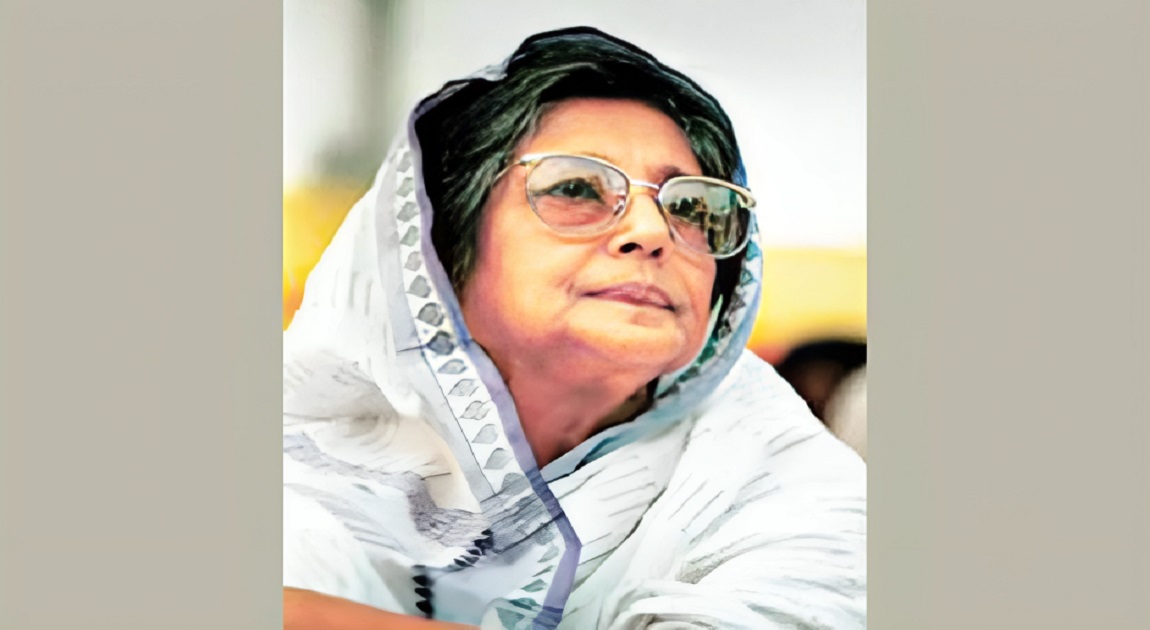

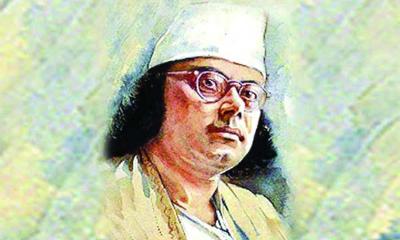
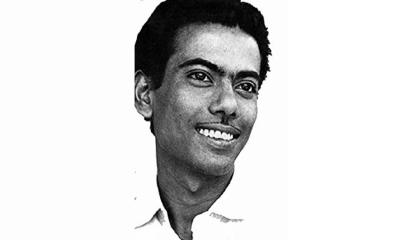
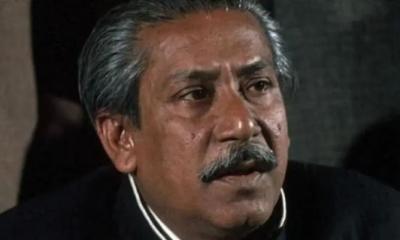
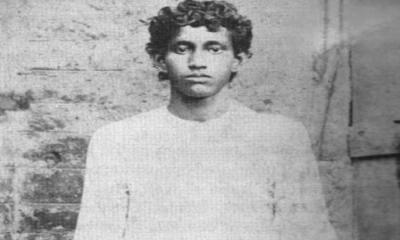
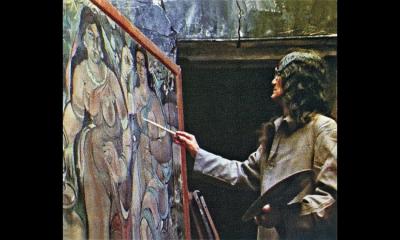





-20260304091720.webp)






-20260303080739.webp)










-20260225072312.webp)





-20260228064648.jpg)
